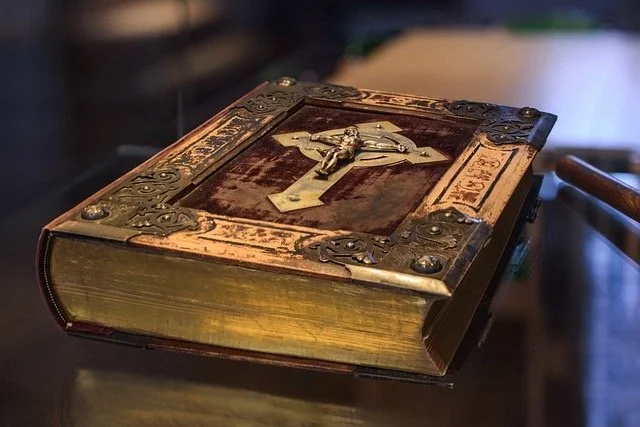The case for 73 books
I get asked the question many times, “why did Catholics add books to the Bible” or “why do we believe in the apocryphal books”-(not part of canon of scripture). Catholics call the 7 books that were removed for the Protestant Bible the Deuterocanonical-(of or constituting a second or subsequent canon). Why are these books so debated if they should be included in the canon of scripture? These 7 books weren’t a part of the Jewish Old Testament canon. The problem with this is that in Jesus time the Jews were divided on the Old Testament. The Sadducees only believed in the Torah (5 Books of Moses) while the Pharisees believed in the Torah along with the prophets and other writings. Other Jews used a Greek version (the Septuagint) that included the seven deutercanonical books. The early church Father’s read from the Septuagint which contained these books.
The Bible as a whole (Old Testament and New Testament) was compiled at the council of Rome in 382 A.D and affirmed at the council of Hippo 393 A.D and at the council of Carthage 397 A.D by the Catholic Church. The Catholic Church determined the canon of scripture under the guidance of the Holy Spirt. This canon with 73 books lasted for over 1100 years before the reformation and Martin Luther removing the 7 books from canon. Martin Luther did not agree with these 7 books deeming them Apocryphal (not canon) due to them contradicting his beliefs and teachings, and since they were being disputed over in the early years he used this as a means for justification to remove them from canon. Martin Luther also thought lesser of James, Revelation, Hebrews, Jude and placed them separately in the back of his New Testament as disputed books that hold lesser doctrinal values.
The argument “not to remove or add to scripture” found in Revelation 22:18-19 (which Luther didn’t like) is only an argument to Protestants themselves, for they removed 7 books which had been part of the original and true Holy Bible. Not to mention that when the book of revelations was wrote, the Bible wasn’t compiled yet and St. John was referring not to add or take away from the book of revelations not the whole Bible since it wasn’t compiled yet. The text itself makes this crystal clear:
18 I warn every one who hears the words of the prophecy of this book: if any one adds to them, God will add to him the plagues described in this book,
19 and if any one takes away from the words of the book of this prophecy, God will take away his share in the tree of life and in the holy city, which are described in this book. - Revelation 22:18-19 RSV 2nd CE
Another argument you hear is that the Deuterocanonical books are not quoted in the New Testament. Let’s say for arguments sake that every book in the Old Testament has to be quoted in the New Testament as grounds for canon. If we take that path, then another 10 books out of the Old Testament must be removed as well. Some of the books that are not quoted in the New Testament are: Joshua, Judges, 1 &2 Chronicles, Ezra, Nehemiah, Esther, Ecclesiastes, the Song of Solomon, and Obadiah are a few for example. If you argue that they are not directly quoted but scripture alludes to them, then that same argument must apply to the Deuterocanonical books as well. The New Testament is filled with allusions to the Deuterocanonical books just the same, so that argument falls short. For examples of allusions to the Deuterocanonical from the New Testament go to Catholic Answers and read “Catholic deuterocanonical books are never quoted in the New Testament” by Tim staples.
My closing argument for why we should have 73 over 66 books is that the early church Fathers (most of them) believed them as canon and came to a conclusion as the body of the church that they are canon and it remained that way for 1100 years until a man who translated the Bible into another language decided to remove them as canon (not from the Bible) due to his personal beliefs. The questions is do you trust that the early church was led by the Holy Spirit and did not make a mistake when compiling the Bible or do you believe that the Bible containing the Word of God could be wrong for 1100 years.
